Semester:-
First Semester
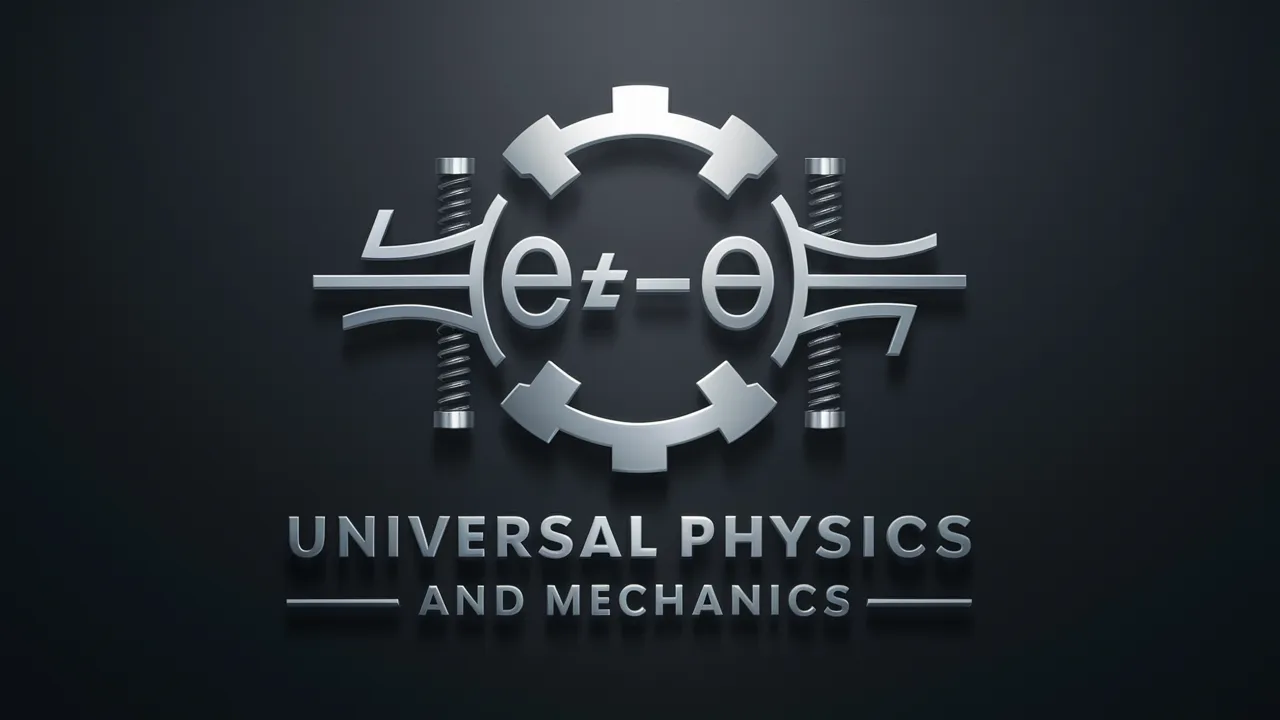
UPM
Universal Physics and Mechanics
(UPM) is a subject that covers the fundamental principles of physics and their applications in mechanics. It includes topics like motion, forces, energy, and the laws that govern the physical world. This subject helps students build a strong foundation in understanding how objects move and interact, making it essential for engineering and scientific studies.
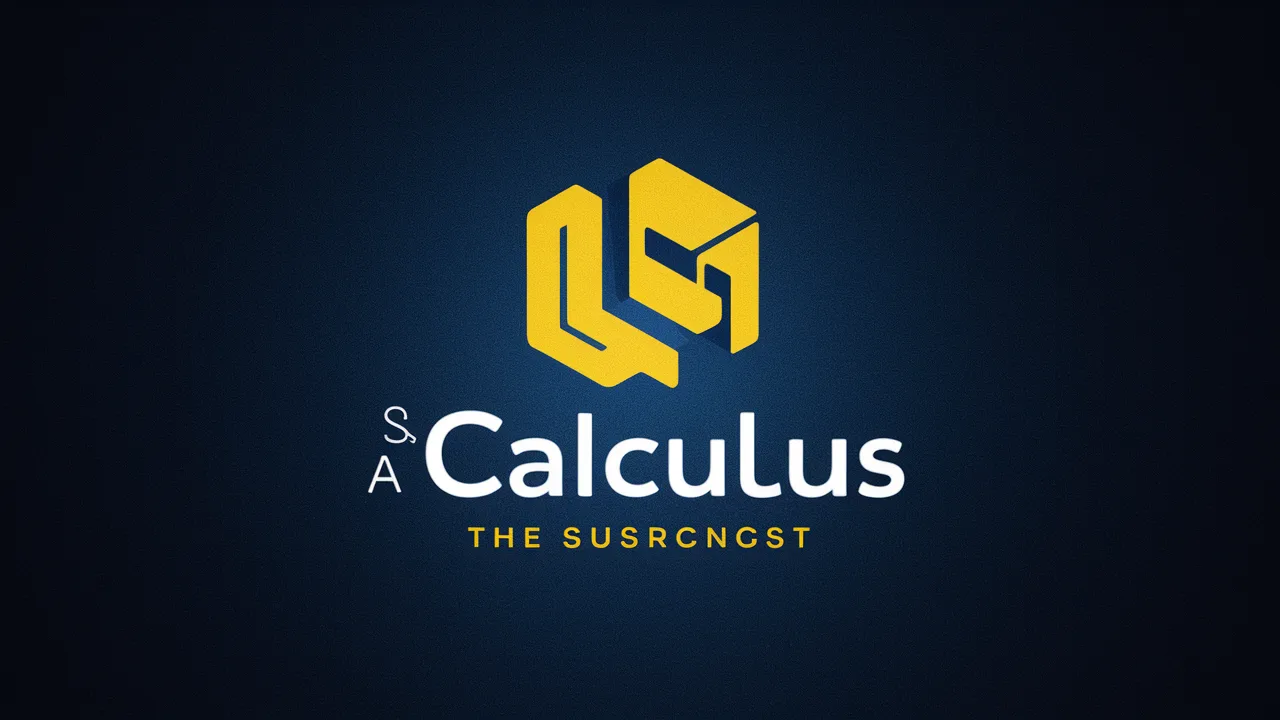
CALCULUS A
CALCULUS A
Calculus A is a fundamental mathematics course that focuses on the basics of differentiation and integration. It covers limits, continuity, derivatives, and their applications in real-world problems. Students learn how to analyze functions, calculate rates of change, and solve optimization problems. This subject is essential for engineering, physics, and computer science, providing a strong foundation for advanced mathematical concepts.
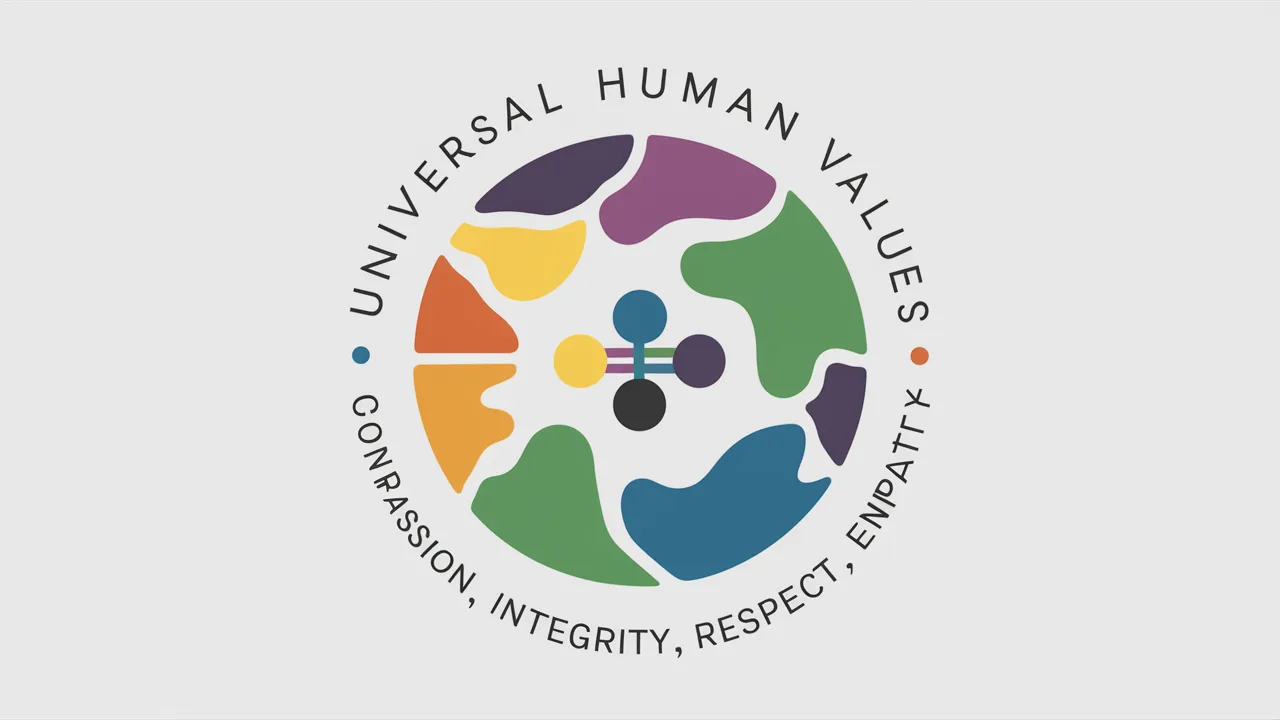
UHV
Universal Human Values
(UHV) is a subject that focuses on understanding the core values essential for personal growth and a harmonious society. It explores topics like ethics, empathy, respect, responsibility, and sustainability. UHV encourages self-reflection and promotes a balanced approach to personal and professional life, making it an important subject for overall character development.
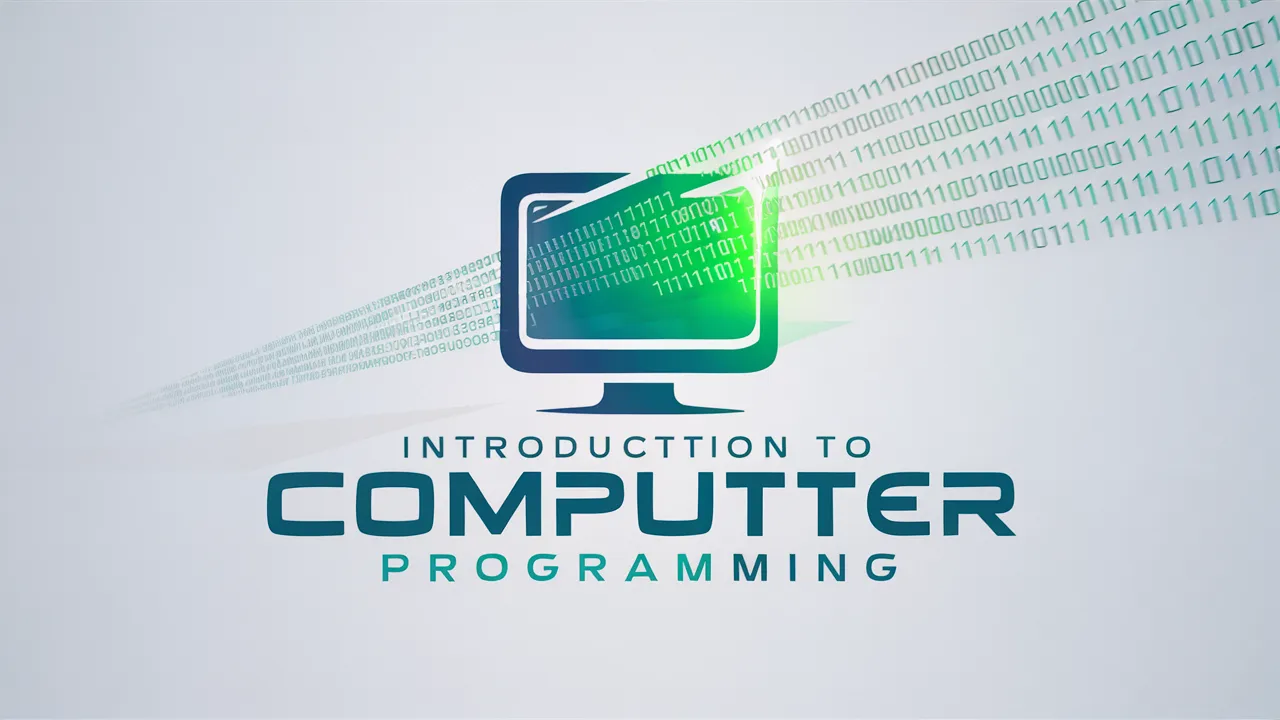
ICP
Introduction to Computer Programming
Introduction to Computer Programming , using Java is a beginner-friendly course that teaches the fundamentals of programming using Java. It covers key concepts such as variables, data types, loops, conditionals, functions, and object-oriented programming (OOP). Students learn how to write, compile, and execute Java programs while understanding essential principles like encapsulation, inheritance, and polymorphism.
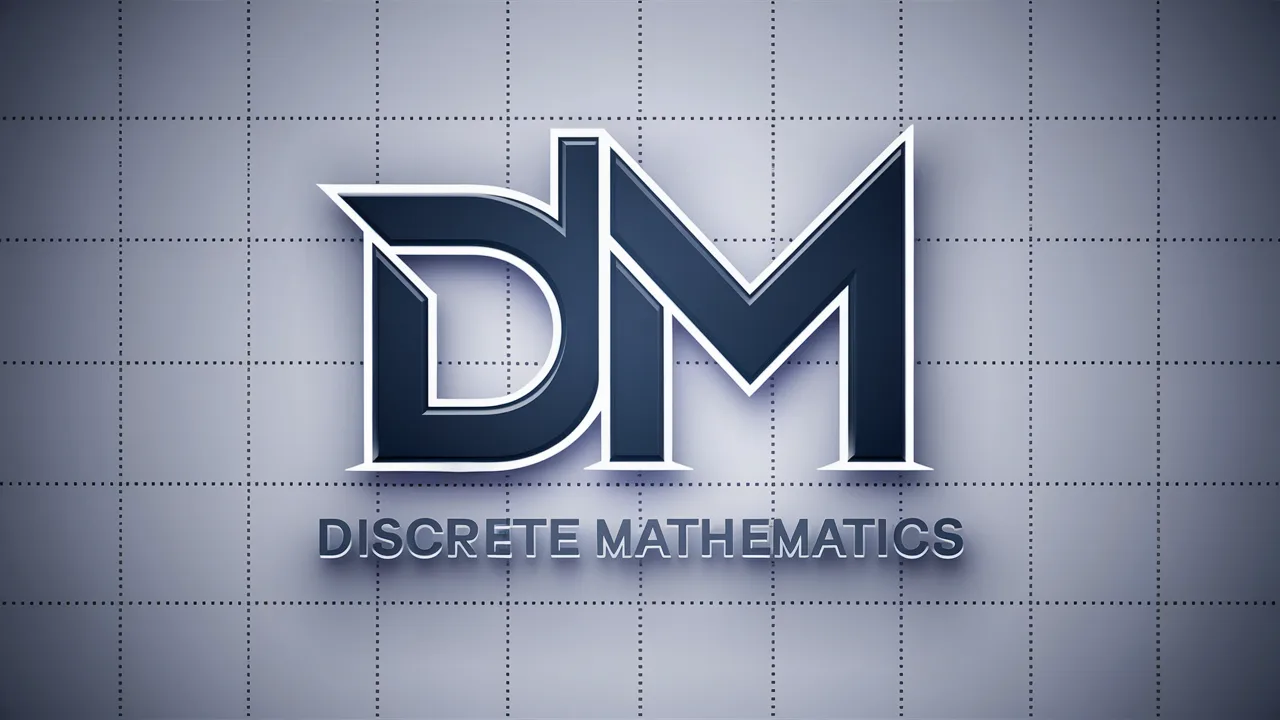
DM
Discrete Mathematics
Discrete Mathematics is a branch of mathematics that deals with distinct and separate values, rather than continuous ones. It covers topics such as set theory, logic, combinatorics, graph theory, and algorithms. Discrete math is fundamental for computer science, as it helps in understanding data structures, computer algorithms, cryptography, and network theory. It teaches students how to think logically, analyze structures, and solve problems that involve finite or countable elements, making it a crucial subject for anyone pursuing careers in technology and mathematics.
Semester:-
Second Semester
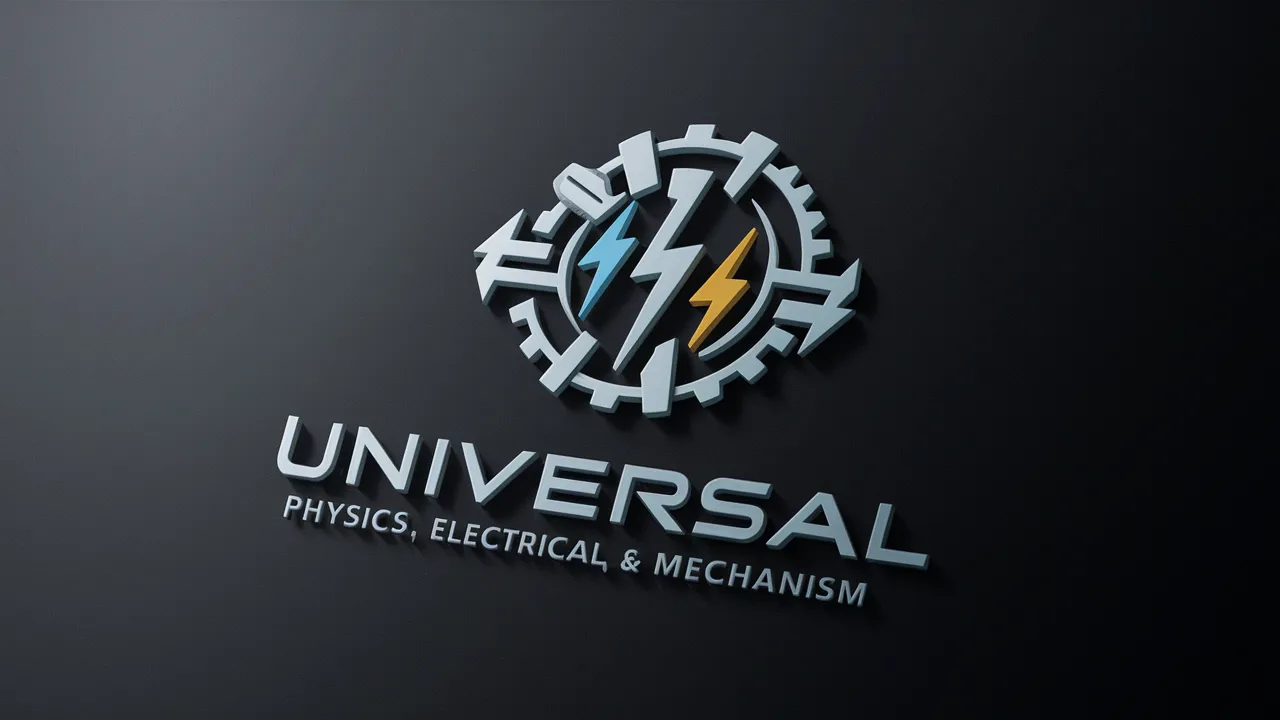
UPEM
Universal Physics Electrics and Mechanics
(UPEM) is a subject that covers the fundamental principles of physics and their applications in Electricity. It includes topics like static charge, potenital difference, voltage , and the laws that govern the Electrics world. This subject helps students build a strong foundation in understanding how objects move and interact, making it essential for engineering and scientific studies.
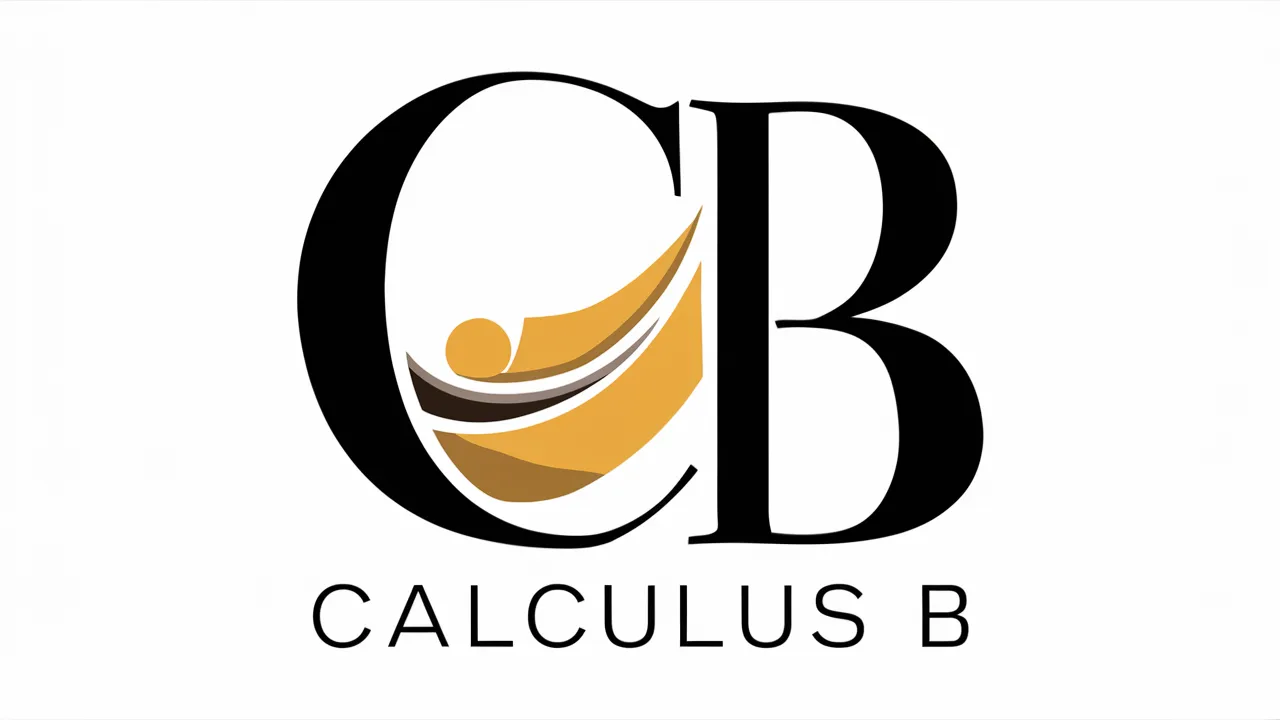
CALCULUS B
CALCULUS B
Calculus B is a fundamental mathematics course that focuses on the basics of differentiation and integration. It covers limits, continuity, derivatives, and their applications in real-world problems. Students learn how to analyze functions, calculate rates of change, and solve optimization problems. This subject is essential for engineering, physics, and computer science, providing a strong foundation for advanced mathematical concepts.
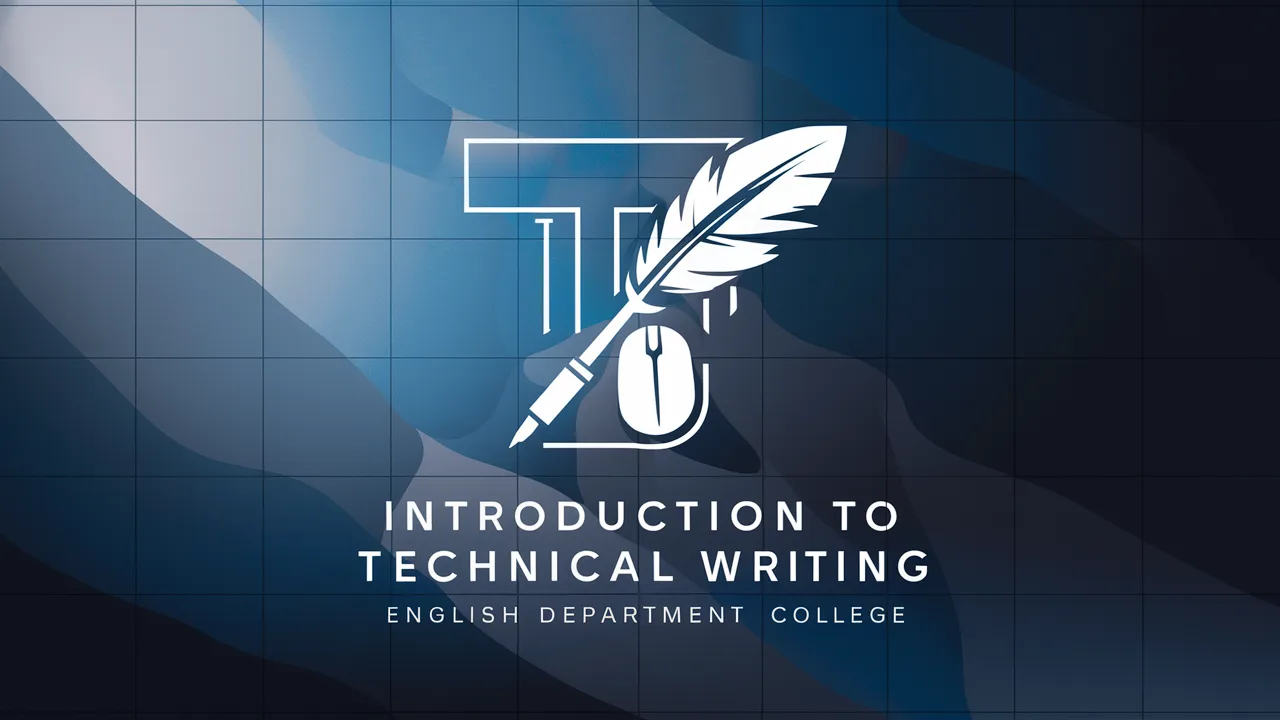
ITW
Introduction to Technical Writing
Introduction to Technical Writing is a course that focuses on the skills needed to communicate complex technical information in a clear, concise, and user-friendly manner. It covers topics such as writing manuals, guides, reports, and documentation for various industries like software development, engineering, and science. Students learn how to organize content, use proper formatting.
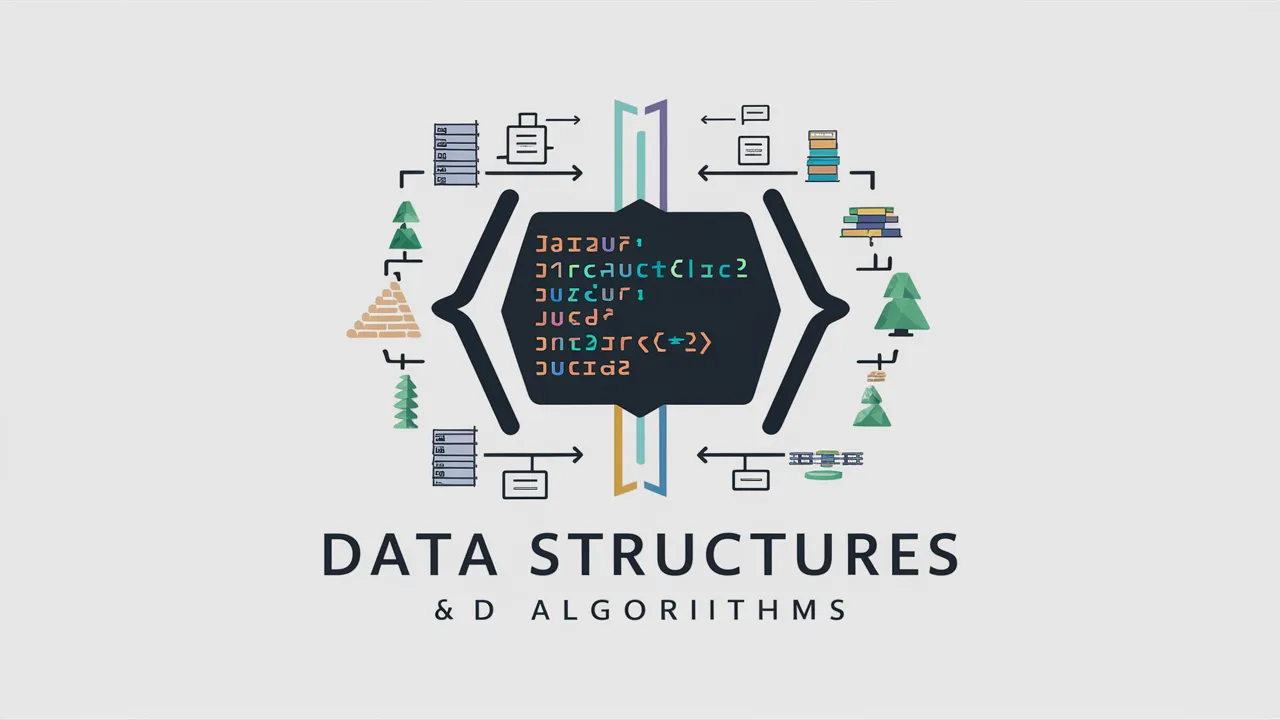
Dsa
Data Structures and Algorithms
Data Structures and Algorithms (DSA) is a foundational subject in computer science that focuses on organizing, storing, and manipulating data efficiently. It covers various data structures such as arrays, linked lists, stacks, queues, trees, and graphs, along with the algorithms used to process them. The course also includes sorting, searching, and optimization techniques.
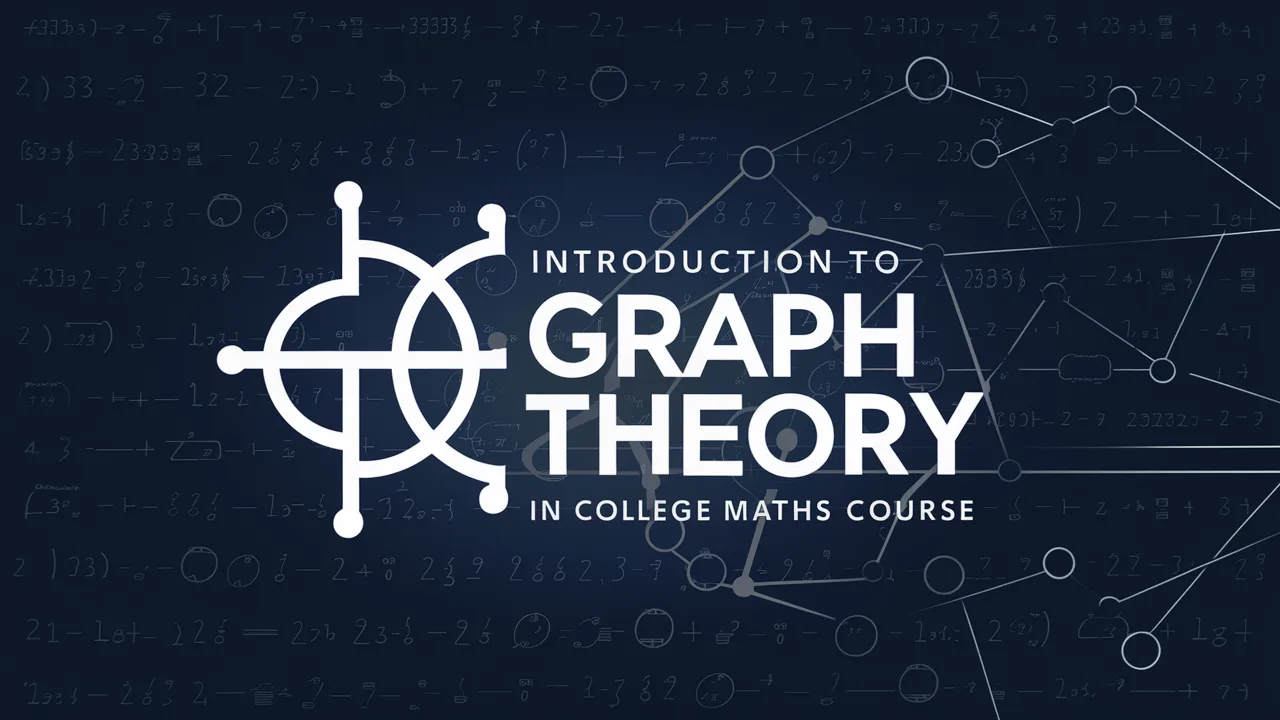
IGT
Introduction to Graph Theory
Introduction to Graph Theory is a course that explores the study of graphs, which are mathematical structures used to model relationships between objects. The subject covers fundamental concepts like vertices (nodes), edges (connections), paths, cycles, and connectivity. It also includes important topics such as graph traversal (BFS, DFS), shortest path algorithms, spanning trees, and graph coloring.
Semester:-
Third Semester
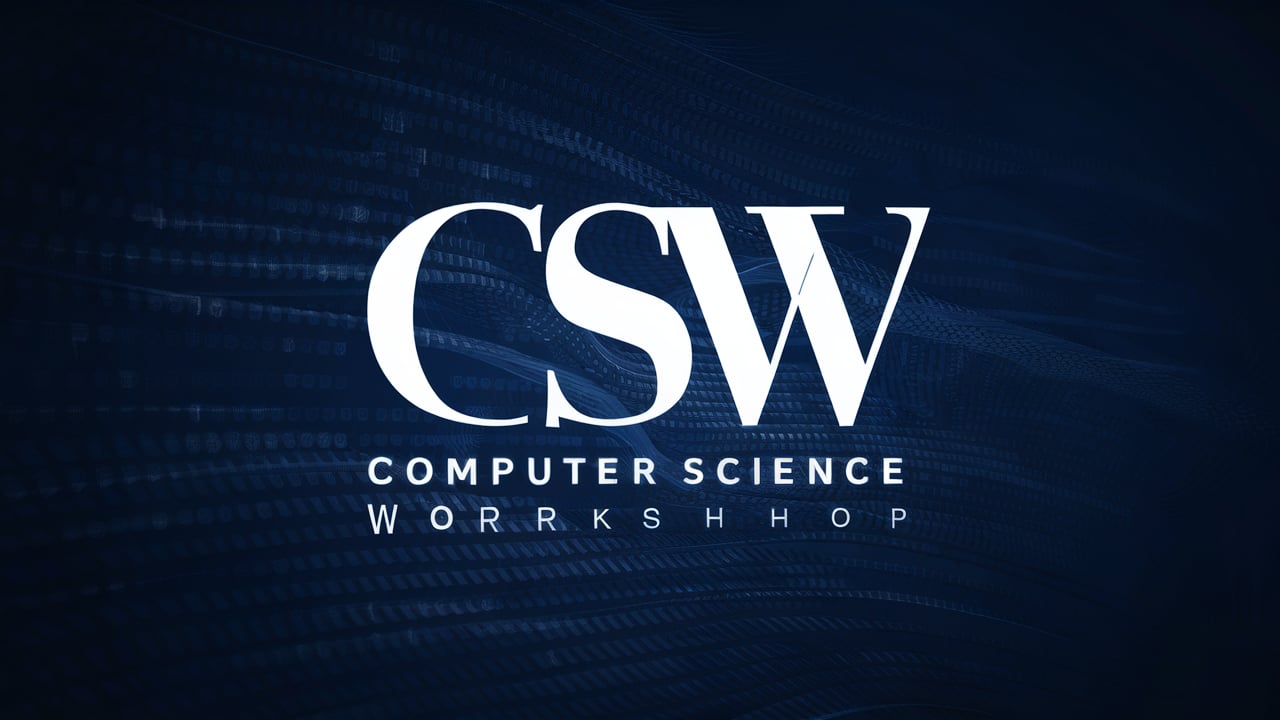
CSW
Computer science Workshop - I
Computer Science Workshop - I is a hands-on course that introduces the basics of web development using essential technologies like HTML, CSS, JavaScript, and jQuery. The workshop covers how to create and structure web pages with HTML, style them with CSS, and add interactive elements using JavaScript and jQuery.
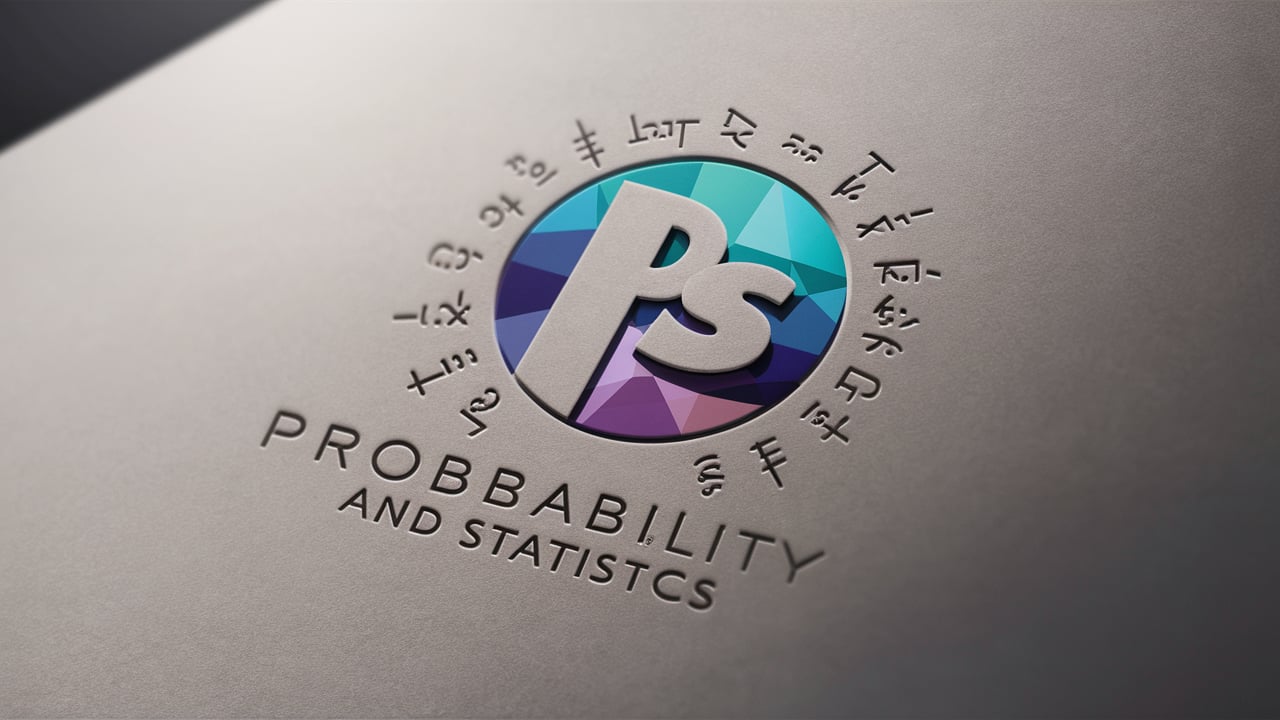
PS
Probability and Statistics
Probability focuses on the likelihood of different events occurring. It teaches concepts like random variables, probability distributions, and events, helping students understand how to predict outcomes in uncertain situations. Statistics involves collecting, analyzing, interpreting, and presenting data. It covers topics like mean, median, mode, standard deviation, hypothesis testing, regression analysis, and data visualization.
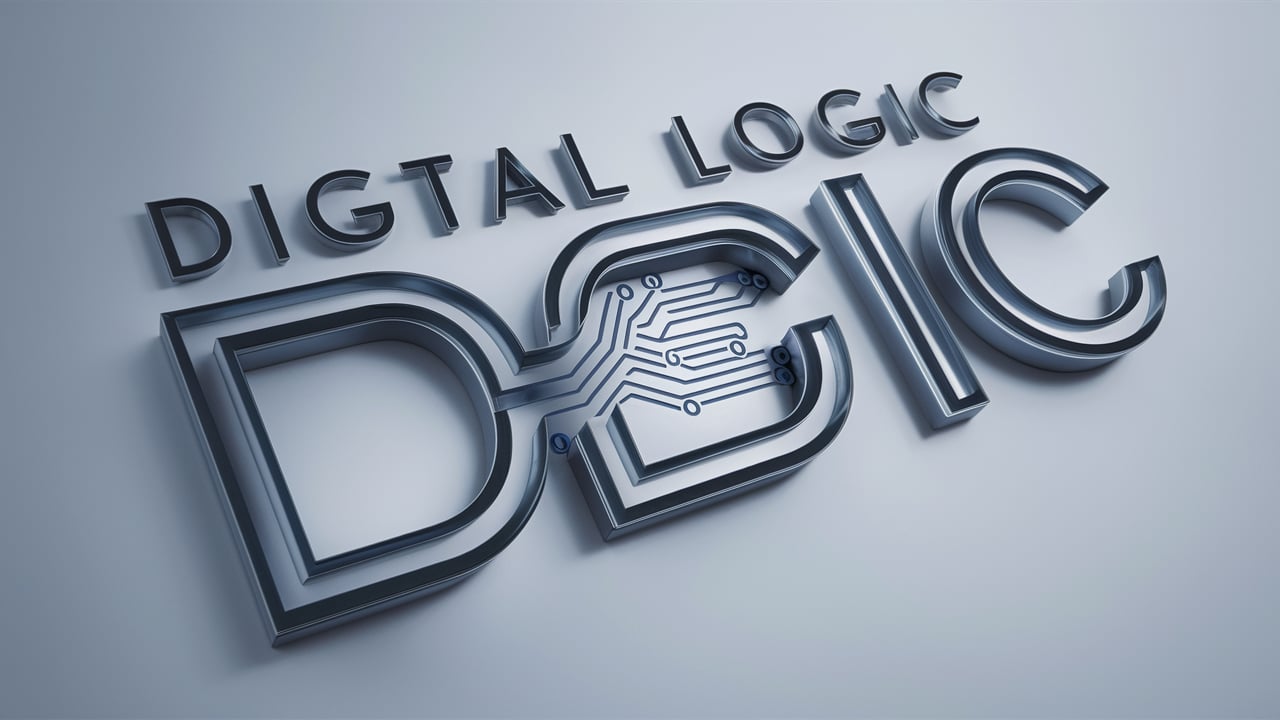
ITW
Digital Logical and Design
Digital Logic and Design is a fundamental subject that focuses on the principles and techniques used to design and analyze digital circuits. It covers the core concepts of Boolean algebra, logic gates (AND, OR, NOT, XOR, etc.), and how these gates are used to build complex digital systems(Topic :- adders, multiplexers, decoders, Sequential Logic, Minimization Techniques, Circuit Design ).
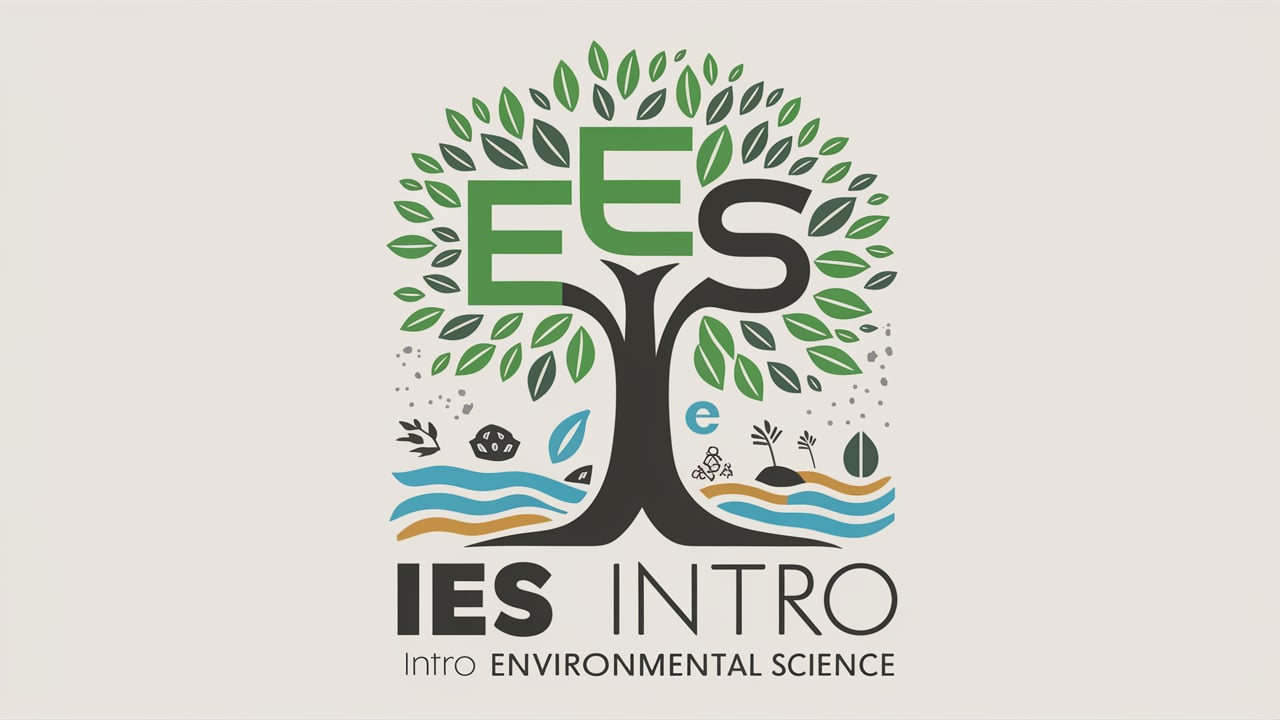
IES
Introduction to Enviromental Science
Introduction to Environmental Science is the study of nature and how humans interact with it. It covers topics like pollution, climate change, natural resources, and how to protect the environment. Students learn about ecosystems, renewable energy, and ways to reduce waste. The subject helps us understand environmental problems and find solutions for a cleaner and healthier planet.

AD 1
Algorithms and Design - I
Algorithms and Design is a subject that focuses on creating efficient step-by-step solutions to solve problems. It covers different types of algorithms, such as sorting, searching, and graph algorithms, along with their time and space complexity. Students learn how to design, analyze, and optimize algorithms for better performance. The subject also explores problem-solving techniques like divide and conquer, dynamic programming, and greedy algorithms.

IM
Introduction to Microeconomics
Introduction to Microeconomics is the study of how individuals and businesses make decisions about buying, selling, and using resources. It focuses on concepts like supply and demand, prices, production costs, and market competition. Microeconomics helps us understand how choices are made in everyday life, from setting product prices to managing budgets..

AI
Introduction to Artifical Intelligence
Introduction to Artificial Intelligence (AI) is a beginner-friendly course that explores how machines can learn and make decisions like humans. It covers basic AI concepts, machine learning, and data processing. Students learn to use Python for coding AI models and work with Jupyter Notebook for writing and testing code. The course also includes important AI techniques like data handling, basic algorithms, and automation. This subject is a great starting point for understanding AI and its applications in real-world problems.
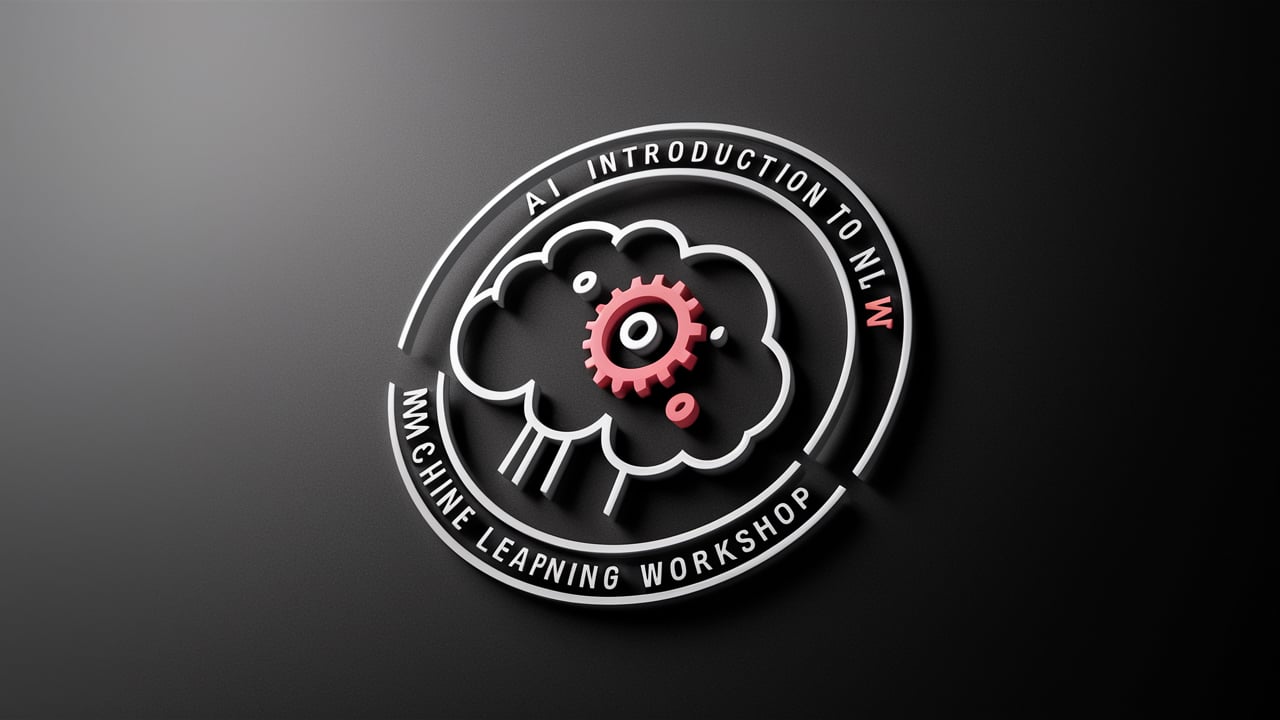
MLW
Machine Learning Workshop - I
Introduction to Graph Theory is a course that explores the study of graphs, which are mathematical structures used to model relationships between objects. The subject covers fundamental concepts like vertices (nodes), edges (connections), paths, cycles, and connectivity. It also includes important topics such as graph traversal (BFS, DFS), shortest path algorithms, spanning trees, and graph coloring.
Semester:-
Fourth Semester

CSW - II
Computer science Workshop - II
Computer Science Workshop - I is a hands-on course that introduces the basics of web development using essential technologies like HTML, CSS, JavaScript, and jQuery. The workshop covers how to create and structure web pages backend with Java and Spring Boot.
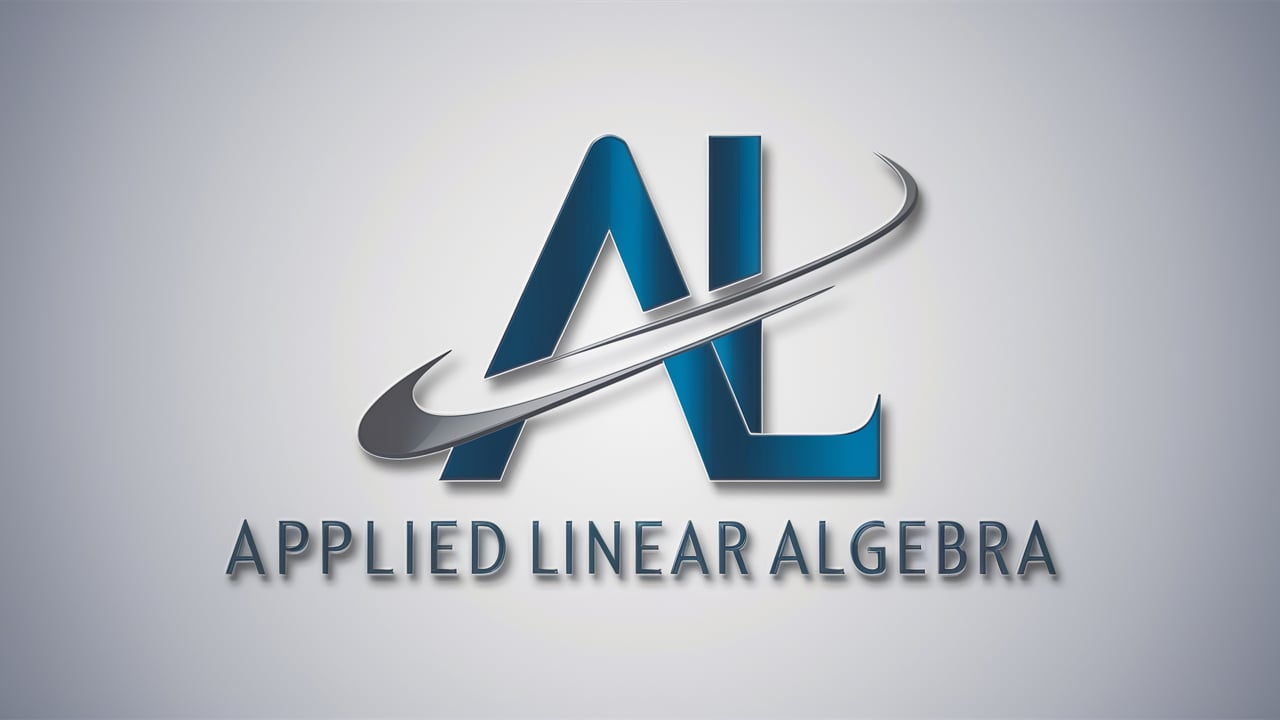
ALA
Appiled Linear Algebra
Applied Linear Algebra is the study of mathematical concepts used to solve real-world problems in science, engineering, and computer science. It covers topics like matrices, vectors, linear equations, determinants, and eigenvalues. These concepts are used in fields like machine learning, graphics, cryptography, and physics.
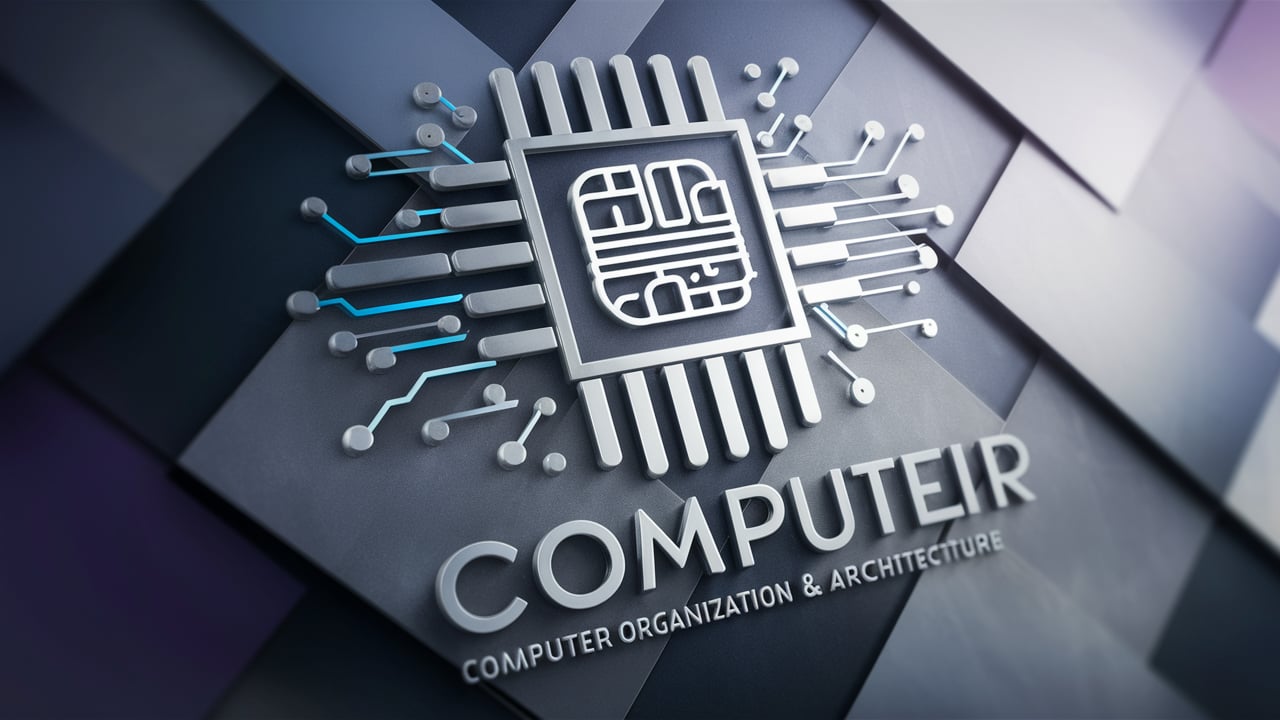
COA
Computer Organisation & Architecture
Computer Organization & Architecture is the study of how computers work internally. It covers the structure and design of a computer’s hardware, including processors, memory, input/output systems, and data storage. Key topics include CPU architecture, instruction sets, memory hierarchy, and data flow.

IDM
Introduction to Disaster Management
Introduction to Disaster Management is the study of nature and disaster. It covers topics like cyclones, volcano, natural disaster.. Students learn about ecosystems, renewable energy, and ways to reduce waste. The subject helps us understand environmental problems and find solutions for a cleaner and healthier planet.
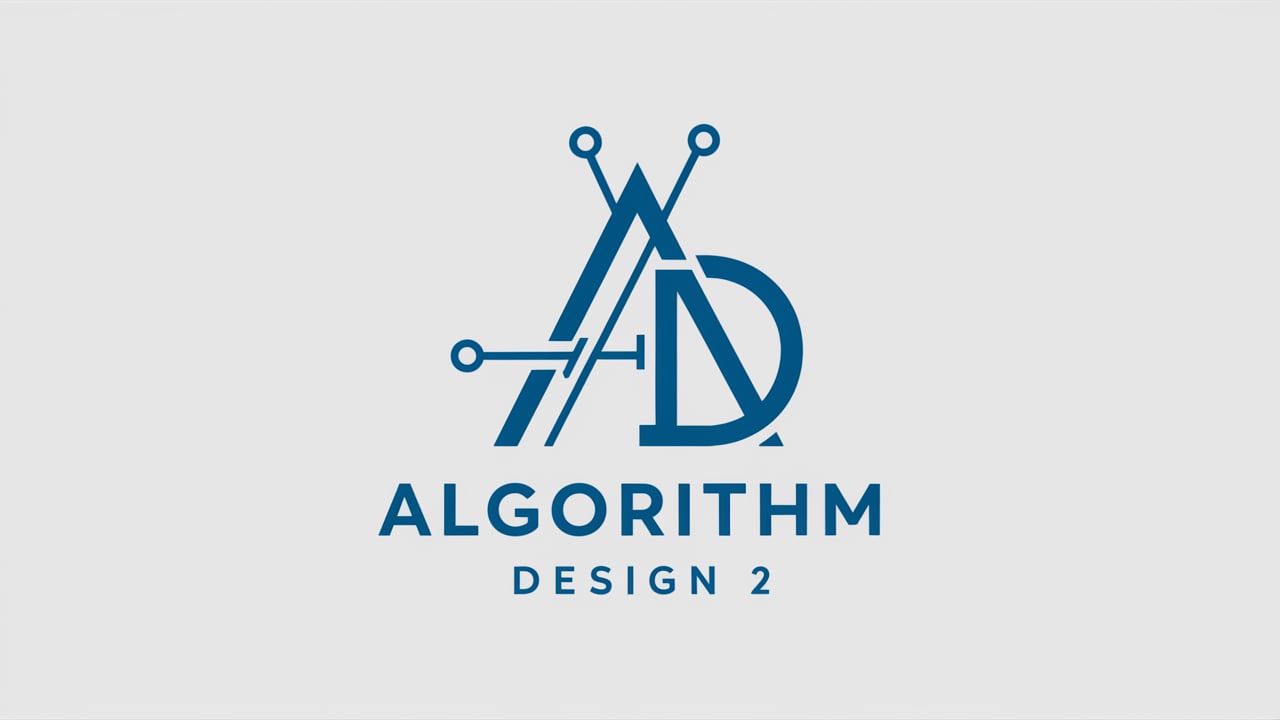
AD 2
Algorithms and Design - II
Algorithms and Design is a subject that focuses step-by-step solutions to solve problems. It covers different types of algorithms, such as sorting, searching, and graph algorithms, along with their time and space complexity. Students learn how to design, analyze, and optimize algorithms for better performance. The subject also explores problem-solving techniques like divide and conquer, dynamic programming, and greedy algorithms.

IM
Introduction to Microeconomics
Introduction to Microeconomics is the study of how individuals and businesses make decisions about buying, selling, and using resources. It focuses on concepts like supply and demand, prices, production costs, and market competition. Microeconomics helps us understand how choices are made in everyday life, from setting product prices to managing budgets..
Semester:-
Fifth Semester

C
Pratical Programming with C
Practical Programming with C is a hands-on course that teaches programming using the C language, which is known for its efficiency and control over system resources. The course covers basic programming concepts such as variables, loops, conditionals, functions, and arrays, as well as more advanced topics like pointers, memory management, and file handling.
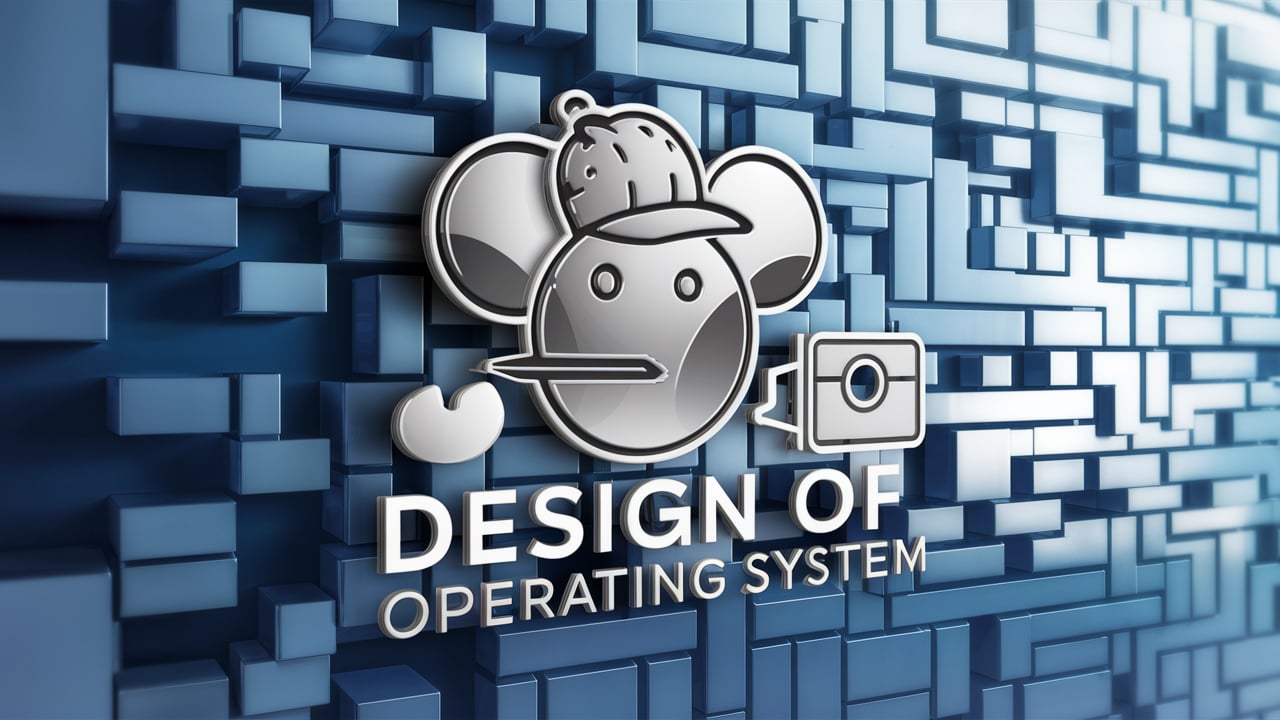
OS
Design Of Operating System
Design of Operating System is the study of how operating systems (OS) are structured and how they function. It covers topics like process management, memory management, file systems, input/output systems, and system security. The course teaches students how an OS coordinates hardware and software resources, manages tasks, and ensures smooth system performance.

Networking
Computer Networking : Concepts
DComputer Networking: Concepts is the study of how computers and devices communicate with each other over a network. It covers the basic principles of data transmission, network protocols (like TCP/IP), IP addressing, and the layers of the OSI model.It lays the foundation for careers in network administration, cybersecurity, and communication technologies.
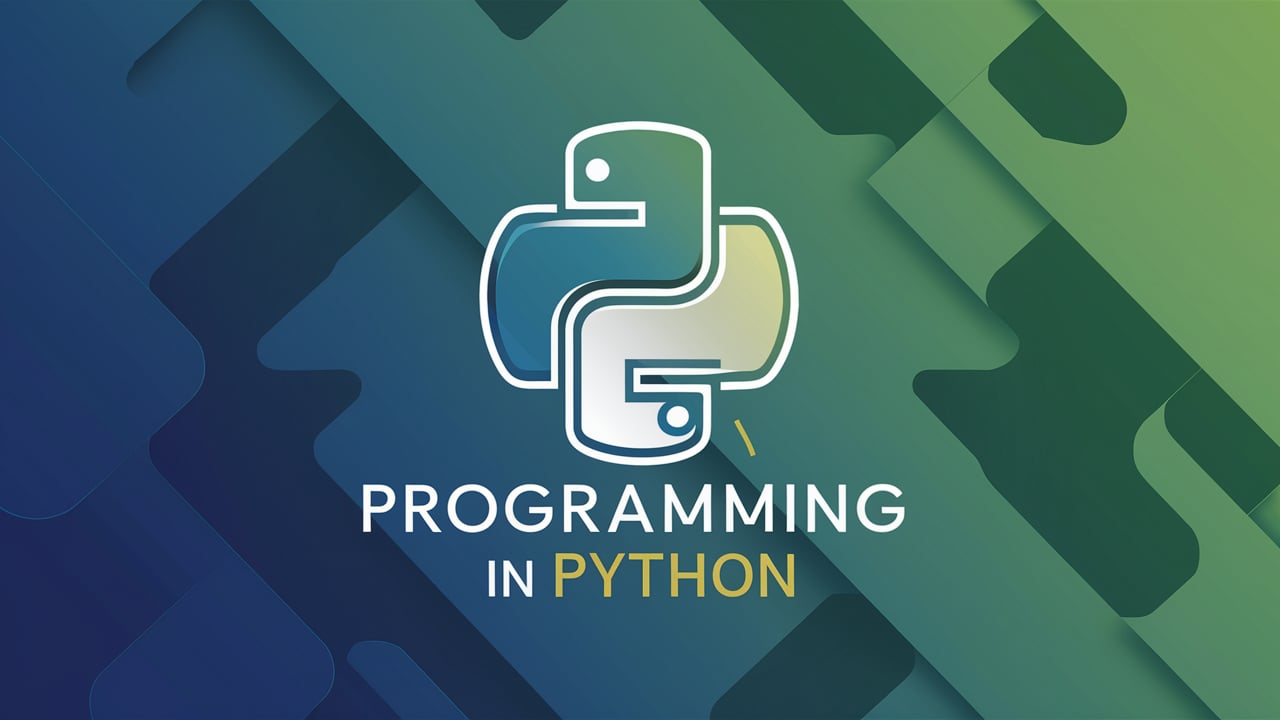
Python
Python Programming
Python Programming is a beginner-friendly course that teaches how to write code using Python, a popular and easy-to-learn programming language. The course covers fundamental concepts such as variables, data types, control flow (if-else statements, loops), functions, and object-oriented programming. Students learn how to write simple programs, manipulate data, and use Python libraries for tasks like web development, data analysis, and automation.
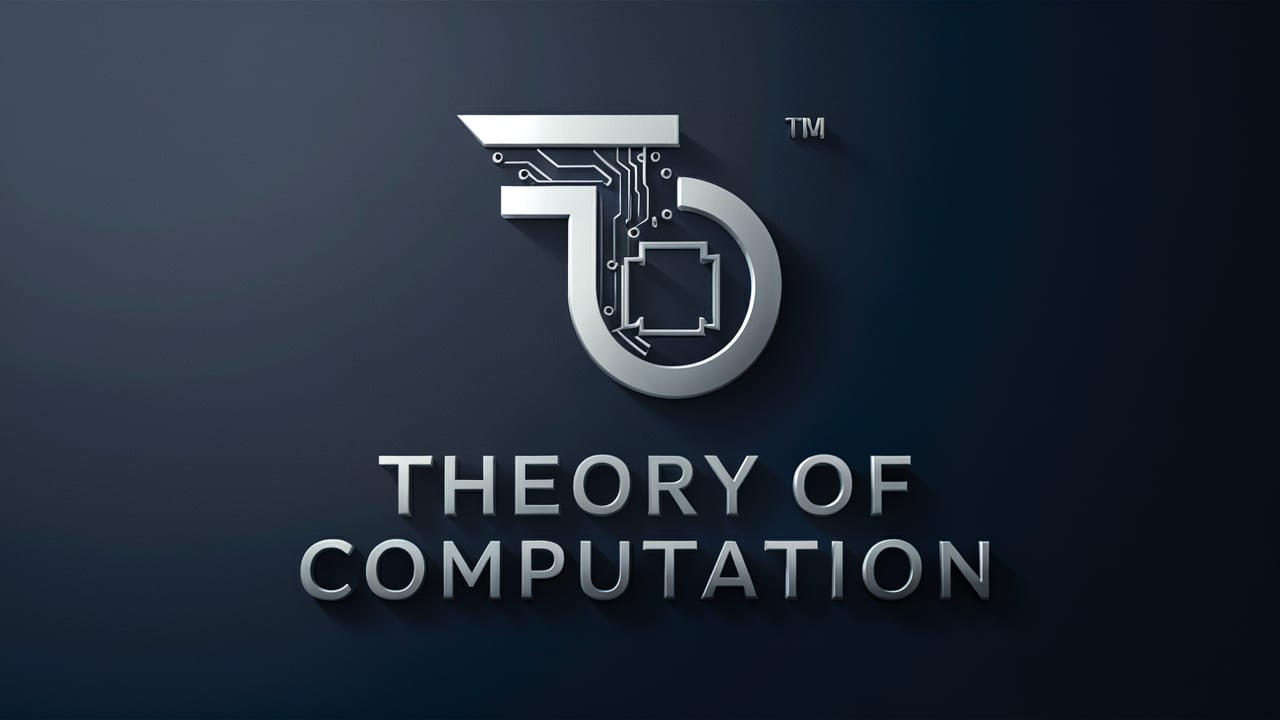
Theory Computation
Introduction to Theory Of Computation
Introduction to Theory of Computation is the study of the fundamental principles that define what can and cannot be computed. It explores concepts like automata (machines that accept or reject inputs), formal languages, Turing machines, and computational complexity. The course covers key topics such as finite automata, context-free grammars, regular languages, and NP-completeness.
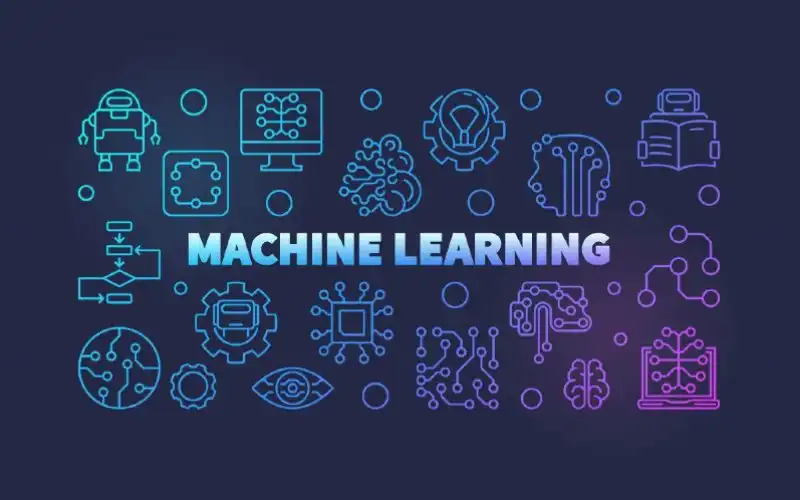
Machine Learning
Foundation of Machine Learning
Foundations of Machine Learning is an introductory course that covers the basic concepts and algorithms used to create machines that can learn from data. It includes topics like supervised learning (where the model is trained on labeled data), unsupervised learning (where patterns are found without labels), and reinforcement learning (where agents learn by interacting with an environment). Students learn about important algorithms such as decision trees, linear regression, k-nearest neighbors, and clustering methods..
Semester:-
Sixth Semester
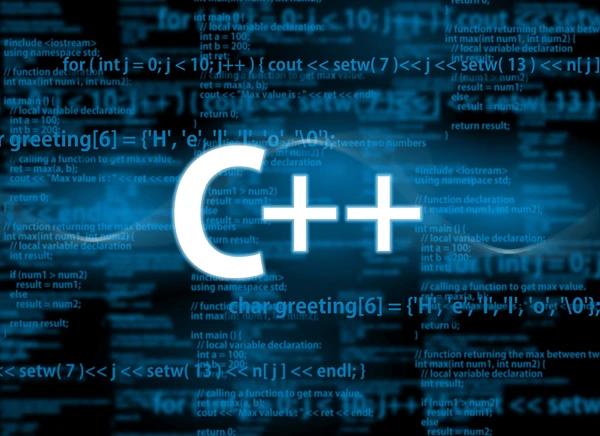
C++
Game Programming with C++
Game Programming with C++ is a course that teaches how to develop video games using the C++ programming language, which is known for its speed and efficiency in game development. The course covers key topics like game loops, graphics rendering, handling user input, collision detection, and creating 2D/3D environments. Students also learn about memory management, performance optimization, and using game development frameworks like SDL or OpenGL.

Databases
Introduction to Databases
Introduction to Databases is a course that covers the basics of organizing, storing, and managing data in databases. It introduces key concepts like relational databases, tables, queries, SQL (Structured Query Language), and database design. Students learn how to create, read, update, and delete data (CRUD operations) using SQL, and how to structure data using entities, attributes, and relationships. he course also covers concepts such as normalization (organizing data to reduce redundancy) and database security.

Securtiy
Computer Networking :- Securtiy
Computer Networking: Security is a course that focuses on protecting data and networks from unauthorized access, attacks, and vulnerabilities. It covers key topics such as encryption, firewalls, intrusion detection systems, network protocols, and authentication techniques. Students learn about different types of network threats like malware, denial of service (DoS) attacks, and man-in-the-middle attacks, and how to safeguard against them. The course also explores concepts like VPNs (Virtual Private Networks), secure sockets layer (SSL), and public key infrastructure (PKI).
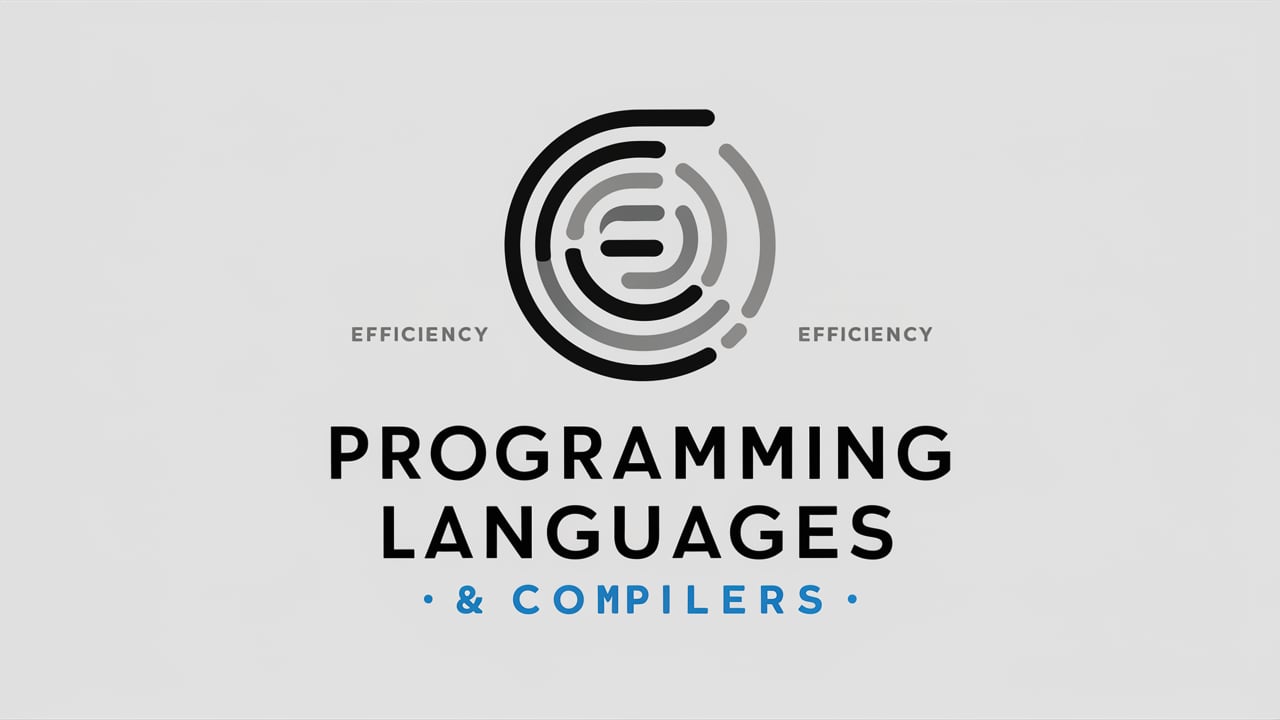
Compliers
Compliers Principles technique and Tools
Compilers: Principles, Techniques, and Tools is a course that focuses on the design and implementation of compilers, which are programs that translate high-level programming languages into machine code or intermediate code. The course covers key concepts such as lexical analysis, syntax analysis, semantic analysis, code generation, and optimization. Students learn how to use tools like lexers, parsers, and code generators to build a basic compiler.

Fundamenta of Machine Learning
AFundamental of Machine Learning
Algorithms and Design is a subject that focuses step-by-step solutions to solve problems. It covers different types of algorithms, such as sorting, searching, and graph algorithms, along with their time and space complexity. Students learn how to design, analyze, and optimize algorithms for better performance. The subject also explores problem-solving techniques like divide and conquer, dynamic programming, and greedy algorithms.